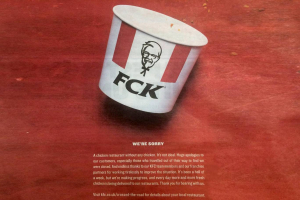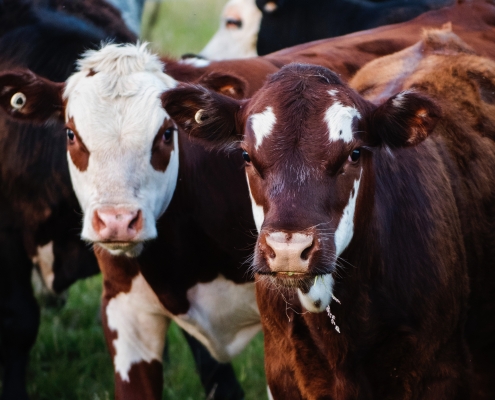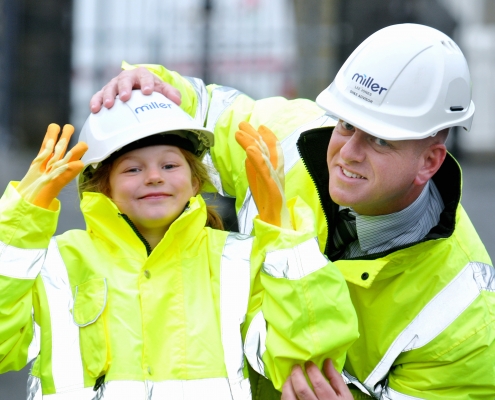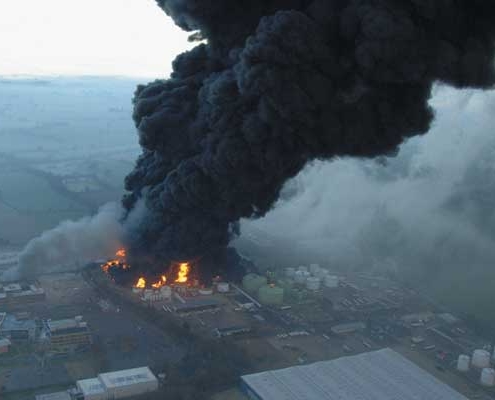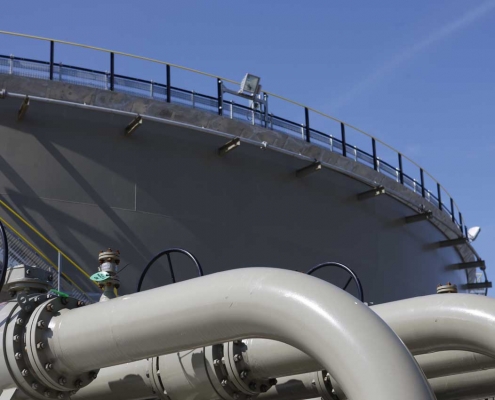Crisis PR Management & Another Lesson From KFC
No brand or business is immune to the challenges presented when a PR crisis erupts. Equally, in today’s digital world, no company can guarantee that a PR crisis won’t happen to them, as such all companies should at least have plans in place to prepare for the unexpected.
Crises typically fall into two camps – internal crises, generated by a business decision, action or fault, or those developed externally either by a changing consumer landscape, political issue or an unforeseen issue with a product or service.
Hopefully effective business planning and preparation should mitigate a PR crisis erupting, so it must be particularly frustrating when an ‘own goal’ is scored by simply being careless and taking your eye off the ball.
This point is perfectly highlighted by the recent PR crisis to envelop KFC. Earlier this month, KFC sent a promotional message to German customers encouraging them to celebrate Kristallnacht by having extra cheese on their tender pieces of chicken:
“It’s memorial day for Kristallnacht! Treat yourself with more tender cheese on your crispy chicken. Now at KFCheese!”
The issue is that Kristallnacht is widely seen as being the start of the holocaust when in 1938 the Nazis led a series of attacks on Jewish businesses and community that left more than 90 people dead, and widespread destruction of Jewish properties and places of worship.
Kristallnacht (the night of broken glass) is remembered on the 9 November and marked with numerous memorial events and discussions to reflect the Nazis’ murder of more than six million Jewish people.
The PR issue was placed firmly at the doors of their automated push notification that sent the message directly to their customers without human intervention. The system effectively identifies significant days in the calendar and attaches a promotion to them, before sending to customers.
Daniel Sugarman, Director of Public Affairs at the Board of Deputies of British Jews described the original KFC message as “absolutely hideous” and left KFC having to quickly apologise and re-examine their internal systems to prevent the company from having to manage future PR crises.
The company’s tried and tested crisis PR procedures quickly kicked into place but despite the rapid response, the issue had spread to online national and international news outlets. The issue was quickly amplified via social platforms, illustrating the speed that a PR crisis can spread in today’s digital world.
This was an unnecessary and bad own goal by KFC. Even if the business managed to convince its audiences that it was not actually in favour of celebrating Kristallnacht with extra cheese, it exposed the business at the very least as being uncaring, poorly run and single-mindedly promoting sales without due care.
We should really have expected better from KFC, particularly after they were able to turn an externally influenced issue into a master class of crisis PR management.
Back in February 2018, the company’s biggest nightmare turned into a reality when the restaurant ran out of chicken due to supplier issues. The net result was that the company was forced to shut down more than half of the stores in the UK.
How to manage a PR crisis
With a crisis PR team, plans and creative thinking in place they were able to turn the issue into a positive PR campaign – saving not only the brand’s reputation but also building relationships with customers and maintaining their trust. How to manage a PR crisis? They simply followed the plan.
- To start, they apologised and made themselves accountable for the crisis. Rather than attempt to shift blame they apologised to the customers directly via social media channels and newspapers
- Secondly, they kept communication open and honest. KFC was very effective at using social media to address customer questions or concerns, even using twitter to share customer Q&As
- Finally, by being transparent with the issue, and how they are dealing with it, KFC showed they were taking steps to bring the operations back to normal, with web links sharing information.
The company was also humble and showed gratitude towards its customers for bearing with them and apologised / thanked all the stakeholders for their patience. Throughout the crisis PR management they kept the emotional balance right. This involved being apologetic when things went wrong, professional when showing they had the matter under control and yet maintaining a sense of humour in their messaging.
Finally, they were consistent with their communications and ensured that the issue went to the very top with all messages on social media coming from the fictional KFC’s founder, Colonel Sanders, himself.
It’s clear that PR crises can come quickly out of the blue, from a simple slip up or from an issue that has developed gradually over time. In today’s digital age, they can erupt more quickly than ever so it’s important to have plans in place. KFC had a visible presence on social media prior to the crisis and made sure they used it to reach the affected parties.
If you find yourself in crisis or in a similar situation, contact Source PR as we can provide you with hands-on crisis management support or better still help you put a robust crisis management plan in place before an issue arises.

